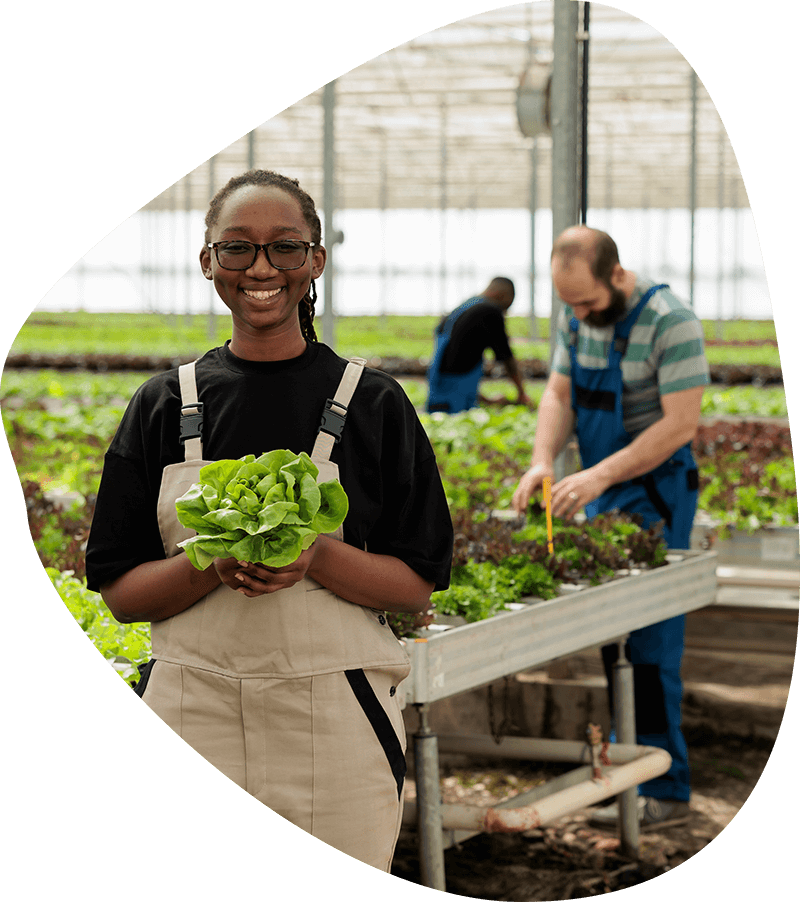Knowledge Hub
Access to technology and digitalisation for the green transition of Social Economy SMEs

Did you know that...?
Digital tools and renewable energy are transforming the agri-food sector—making it smarter, greener, and more resilient. This training explored how innovative technologies are reshaping how food is produced, processed, and distributed. From precision agriculture to energy-saving systems, these solutions help SMEs improve efficiency, traceability, and sustainability, while reducing environmental impact and energy costs.
We also looked at how the use of renewables—like solar and wind—can lower dependency on volatile energy markets and support long-term competitiveness in rural and local food systems.
What’s other people doing about it?
Open Food Network (Global). This digital platform connects local producers directly with consumers, creating shorter supply chains and reducing the environmental footprint of food distribution. It’s a global initiative building fairer and more sustainable food systems through open-source technology.
L’Orto Magico (Italy). A social farm using digital tools to promote the inclusion of disadvantaged groups in agriculture. This initiative combines technology and social impact, showing how digitalisation can empower communities and create meaningful jobs.
Lviv Bread Plant No.1 – Concern Khlibprom (Ukraine). One of Ukraine’s largest bakery producers is investing in solar panels and automated energy management systems—cutting energy costs and reducing emissions through smart industrial innovation.
Greenhouse Farm ‘Plantex’ (Ukraine). By integrating IoT, AI, and automated climate control systems, this greenhouse optimizes growing conditions, increases yields, and reduces water and energy use—showcasing the power of digitalisation for sustainable food production.
These inspiring examples were all part of our training – explore their presentations to learn more!
